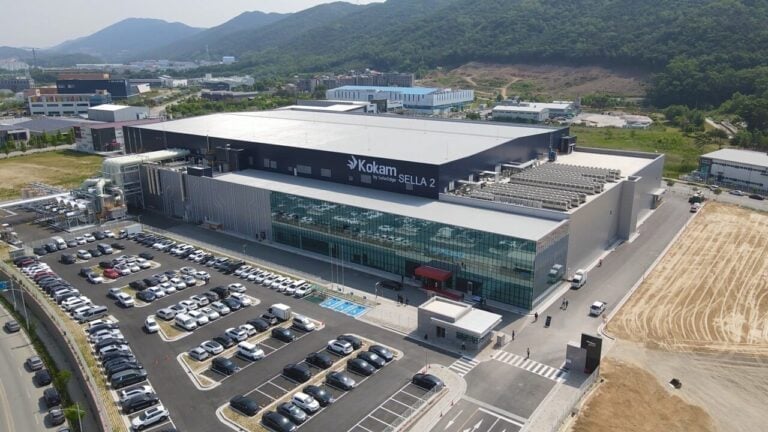
Israeli-headquartered inverter manufacturer SolarEdge posted inverter shipments of 1.19GW in the second quarter of this year, marking the second consecutive quarter that the company’s inverter shipments exceeded 1GW.
These positive sales figures drove strong financial performance too, with revenues of US$289.4 million, up 32% from the revenue reported in the first quarter of this year. Similarly, the company posted quarter-on-quarter improvements in gross margin and even in sales of battery energy storage systems (BESS), increasing from 180MWh to 247MWh, despite closing its utility-scale battery manufacturing business, largely affecting jobs in South Korea.
Try Premium for just $1
- Full premium access for the first month at only $1
- Converts to an annual rate after 30 days unless cancelled
- Cancel anytime during the trial period
Premium Benefits
- Expert industry analysis and interviews
- Digital access to PV Tech Power journal
- Exclusive event discounts
Or get the full Premium subscription right away
Or continue reading this article for free
The loss of this facility has contributed to a decline in the value of the company’s total inventory, which fell by US$108 million to US$529 million in the second quarter of this year, despite what chief financial officer Asaf Alperovitz called “our continued ramp up of US production”.
These comments on focusing on US production, and earlier divestment from overseas manufacturing, suggest growing optimism within the company for its work in the US, and supplying US customers with domestically-produced products.
“First, and most importantly for SolarEdge, the [One Big, Beautiful Bill] validates our multi-year strategy of onshoring manufacturing to the US by preserving the 45X advanced manufacturing credit for the next seven years,” said CEO Shuki Nir. “With the improved visibility this law provides, we intend to manufacture in the US, and to ship US-made SolarEdge products both domestically and across the globe, for years to come.”
However, Nir noted that the recent sweeping changes to US renewable energy tax credit policy could have adverse effects for the company, suggesting that the elimination of the 25D tax credit, which incentivised the installation of solar systems on residential buildings, could lead to a “decline” in demand for residential solar products, such as inverters, in 2026.
While Nir suggested the impacts of this would be minimised by 2027, this could be a setback for a company for whom the sale of residential products had been making up an increasingly significant part of its portfolio.
Nir also mentioned “positive momentum” with SolarEdge’s customers in Europe, as the majority of the company’s European distribution partners have reached “normalised” inventory levels. Earlier this year, Jason Kirrage, senior technical marketing manager at SolarEdge, spoke to PV Tech Premium about the company’s work in the UK in particular, and how effective policy support could be essential if the country’s renewable sector is to overcome many of the challenges it currently faces, such as a lack of available grid capacity.
Looking ahead, the company expects its third quarter revenues to fall in the range of US$315-355 million, and gross margin to increase to 15-19%, up from the 11% reported in the second quarter and the 8% reported in the first quarter.






